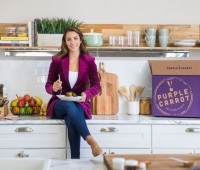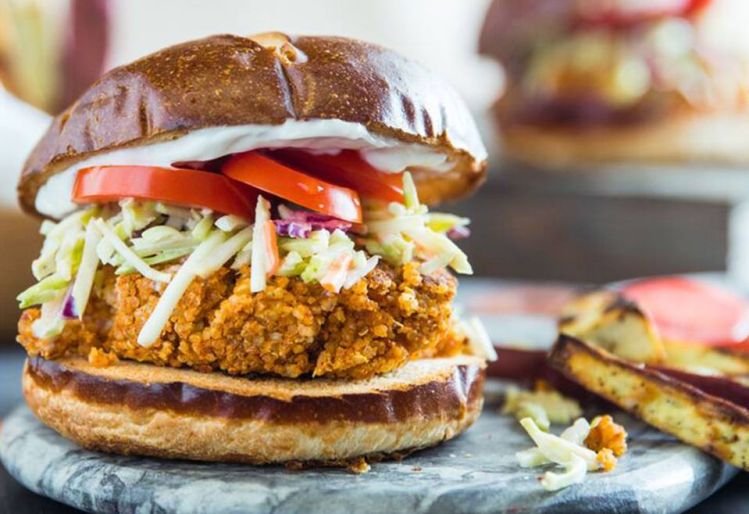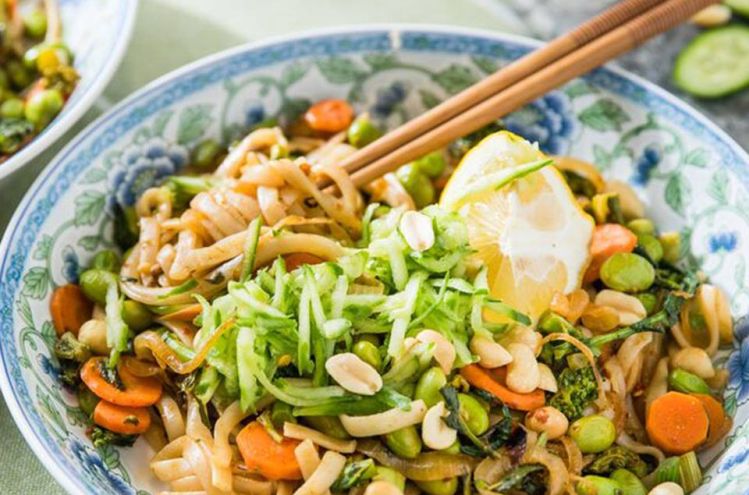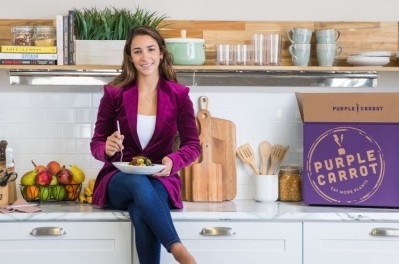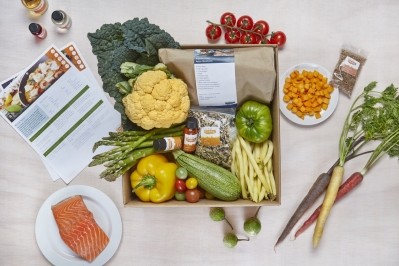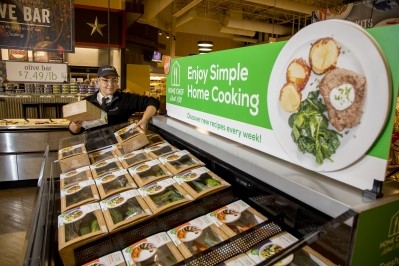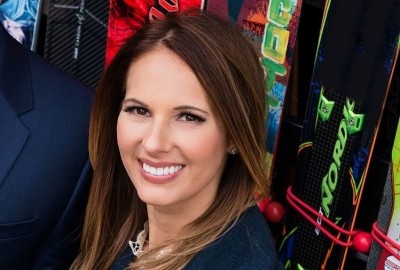Purple Carrot CEO: 'I’m still very bullish about the subscription-based meal kit market'
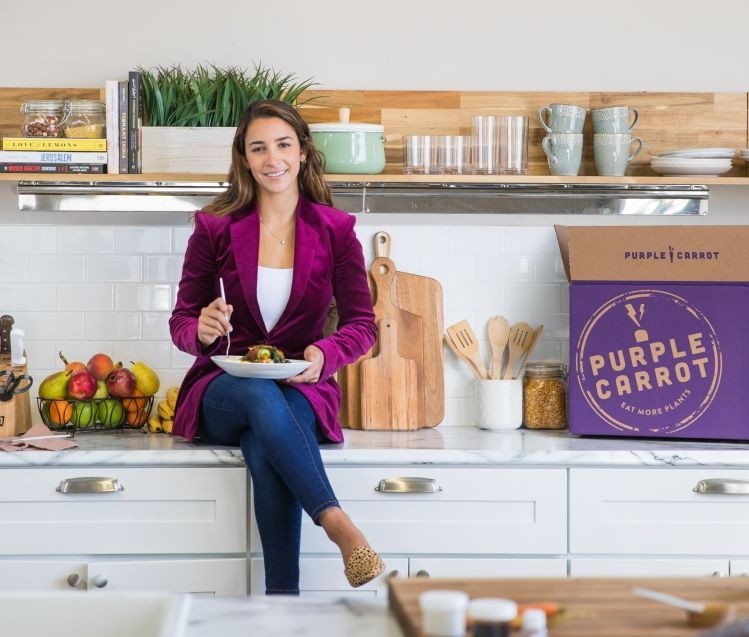
Andy Levitt - who founded Purple Carrot in Needham, Massachusetts, in October 2014 and now fulfills nationwide orders from distribution centers in Las Vegas, Ohio and New Jersey – said he understood why the new owner of Chef’d (which recently ran out of cash) felt that the smart money was on retail meal kits given that some consumers don't want to commit to a subscription.
But he added: “We had a fabulous year in 2018 and saw significant growth with very strong margin growth. We also introduced the concept of meal choice in July which has enabled customers to customize meals every week, lowered skip rates and improved customer acquisition.
“We’re still the only 100% plant-based meal kit on the market, and we’ve been told our customer retention data is the strongest in the industry.”
‘We have been extremely capital efficient’
Purple Carrot – which has raised c.$15m to date [$10m in equity and $5m in debt] - has been “extremely capital efficient” compared to some other VC-backed players, who have been competing aggressively with relatively undifferentiated offerings via alluring first-time discounts, which has led to a “promiscuous user base with no switching costs to move between these big brands,” he claimed.
“We offer a $20 discount for a first time purchase, and as we have a differentiated product we seem to appeal to a consumer that is less likely to switch.”
The most recent capital injection – via a $4m equity investment from Fresh Del Monte - has also helped Purple Carrot improve its products and optimize its supply chain, he claimed. “They have incredible purchasing power, phenomenal fresh produce we’ve integrated into our boxes, and 25 distribution centers around the US we can tap into.”
As for the future of subscription-based home delivery, he added: “I feel like we’re only in the bottom of the third inning - to use a baseball metaphor - of where we are in the meal kit industry’s trajectory, but over the next 2-3 years this will be a $10bn+ category and that’s a relatively conservative estimate. It’s not going to be a winner takes all category and there’s room for a number of strong brands.
“I’m very bullish about the subscription-based market, although ecommerce companies like ours that remain independent from large grocers will need to elevate the experience for subscribers and create a remarkable experience for consumers.”
Olympic gymnast and Purple Carrot fan Aly Raisman recently announced a partnership with Purple Carrot after noticing “a major improvement in my overall well-being and energy” after incorporating the plant-based service into her routine.
According to CEO Andy Levitt: “Aly’s team reached out to us and said Aly is a customer of yours and loves your brand and so we wondered if you would like to do something together. We were really thrilled as we also have a partnership with another amazing elite athlete [NFL star Tom Brady – who co-developed Purple Carrot’s higher-protein and gluten-free TB12 Performance meals] and it makes me really proud of what our brand represents.”
We were ahead of our time
As for retail meal kits, he said: “We were ahead of our time in the fall of 2016 when we were the first meal kit company to partner with a retailer [Whole Foods] on a pilot, and it was just too early.
"Fast forward two years, and the market has definitely changed, but I still don’t necessarily believe that the volume of purchase will work in favor of independent meal kit companies like ours to go into retail owing to their perishable nature, as it may lead to a lot of wasted product and you end up absorbing the cost, so for us, going into retail still feels a bit premature.
“For brands such as Plated [acquired by Albertsons in September 2017] and Home Chef [acquired by Kroger in May 2018], it makes sense for them to be in stores as they were acquired by retailers that want to compete against Amazon and meal kits are one way to do that and become more relevant to millennial consumers."
‘We expect to be profitable in 2019’
Asked whether Purple Carrot was making a profit, he said: “The issue of profitability has become significant in this industry. Blue Apron gets well deserved credit for helping to establish and grow the meal kit category, but since they have gone public they have cast a long shadow over the space given their poor performance in the public markets, and part of that has been driven by their lack of a clear path to profitability, at least from the publicly available information.
“Purple Carrot has invested a lot of energy to create the strong margins we need to be a sustainable company. In order to remain a viable company in this space, you have to be profitable and still offer a strong value proposition to the customer, and we are very close to achieving that goal.
“We expect to be profitable in 2019.”
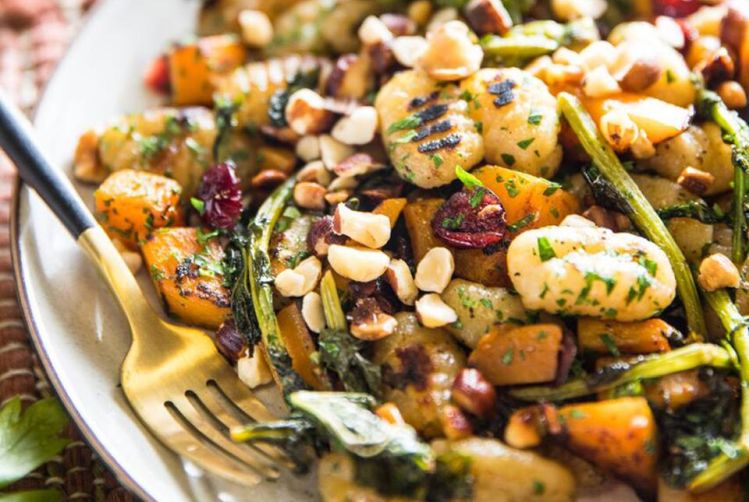
‘There may be opportunities to partner with a strategic acquirer’
Levitt - who was speaking to FoodNavigator-USA after striking a deal with Olympic gymnast Aly Raisman to help promote its plant-based meals – said we can likely expect further M&A:
“It’s an amazingly dynamic category. Some businesses have been acquired, some have shut down and there will continue to be more deals in the category over the next 12 months.
“Meal kits represent a great opportunity to connect with consumers and gain insights around data, and for those companies like ours with a strong business model and a clear path to profitability, we can either remain independent and control our own destiny, or there may be opportunities to partner with a strategic acquirer to tap into their broader plans.
“But right now we are singularly focused on running our operation in a way that allows us to be a sustainable long term business.”
